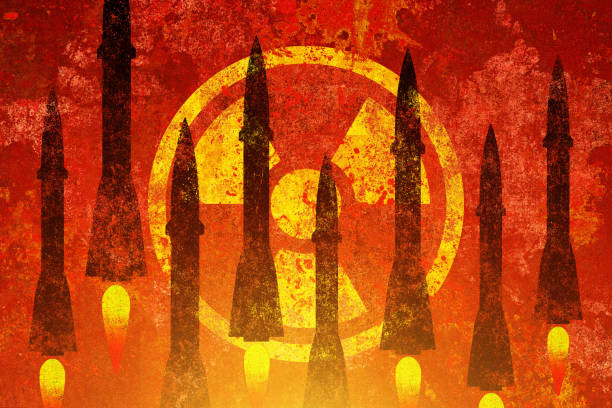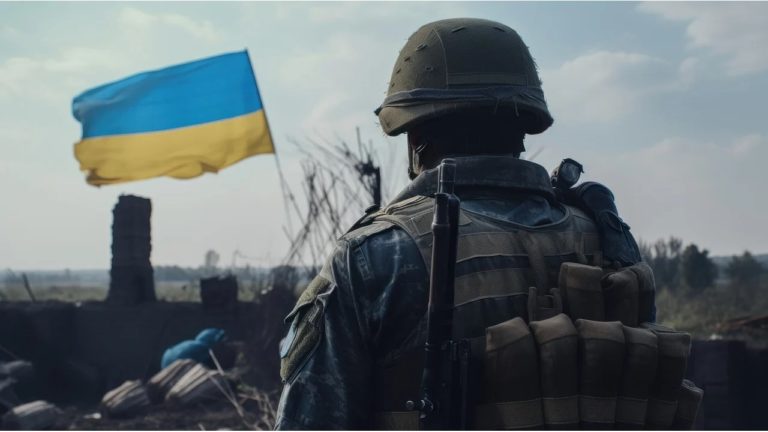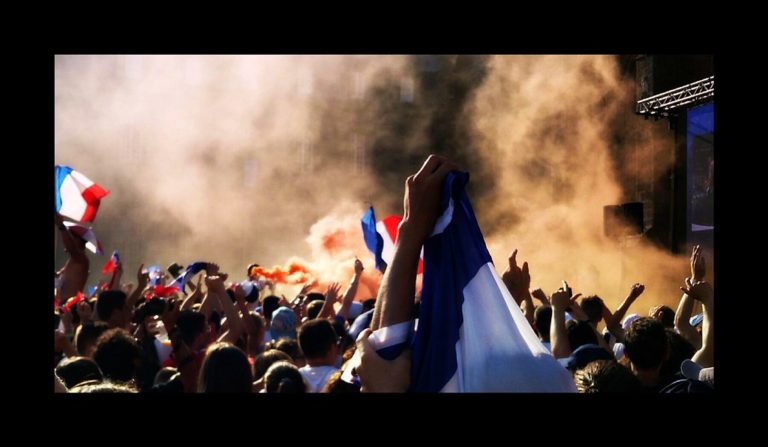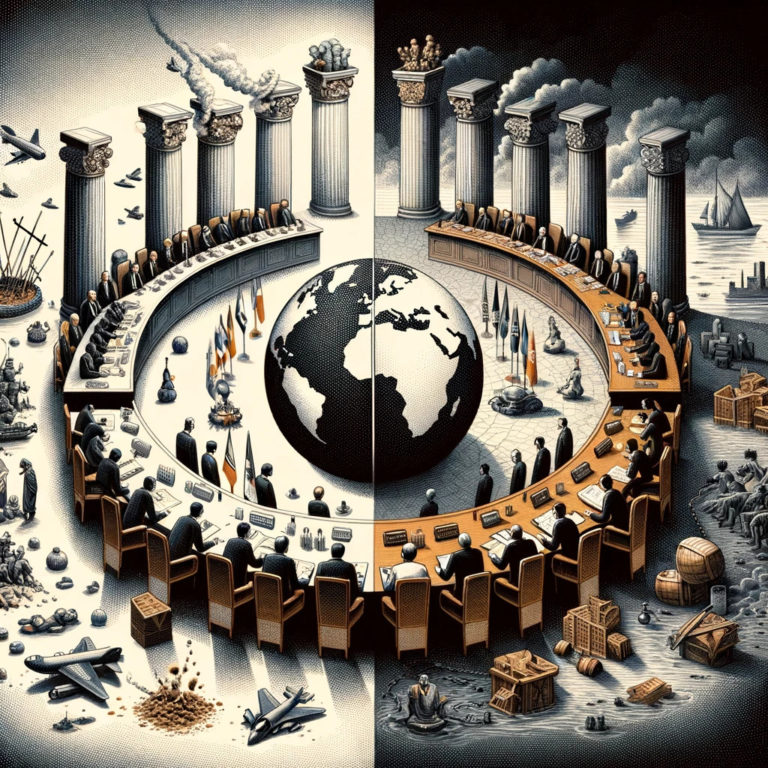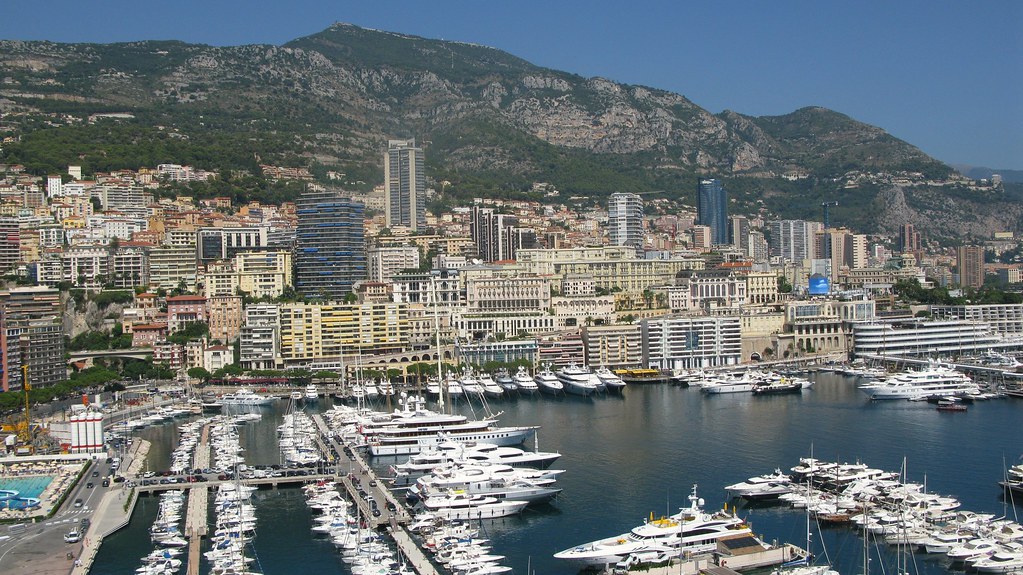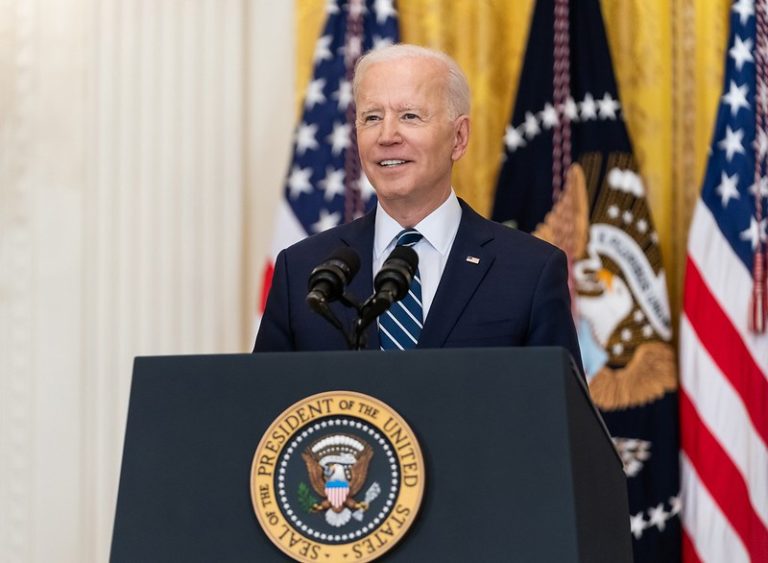Letter from La Vigie, 20 March 2024

Deterrence and circumvention
The very nature of the war in Ukraine raises questions about the relationship between deterrence and conventional action. The search for a complete integration of military actions, through an approach based on physical environments and immaterial fields, paradoxically offers greater possibilities of circumventing deterrence at the lower end of the spectrum. This question of possible circumvention is becoming increasingly critical for the Atlantic Alliance, with the issues of credibility of resources and solidarity between Allies at stake in the run-up to the American elections.
Impossible victory
Victory may seem an obvious word, but it is fraught with pitfalls because it is so strongly influenced by history and the Western model of war. Yet the conflicts of the post-Cold War era and the most recent wars show how unsuitable this concept is. We need to rethink victory and see it as an illusion: other objectives need to be pursued.
Lorgnette: The implosion of ECOWAS ?
These are difficult times for the Economic Community of West African States (ECOWAS). This “sub-regional” organisation (as the African jargon puts it) brought together 15 members from West Africa and the Sahel, from Nigeria to Senegal and Niger (but without Mauritania, which left in 2000). Originally an economic organisation, at the end of the 1990s it added a security mission (creation of Ecomog). It tried its hand at crisis mediation (Mali 2013, Gambia 2017). From 2019, its members will be discussing a common currency to replace the CFA franc. In 2017, Morocco and Mauritania asked to join.
But coups d’état from 2021 onwards hampered the process. Mali and Guinea were suspended, followed by Burkina-Faso, while Niger saw its trade transactions excluded and some people spoke of military intervention by the organisation to reinstate President Bazoum. The split became even more pronounced in January 2024, when Burkina, Mali and Niger announced that they were leaving the organisation. The heart of the Sahel is moving away from the Gulf of Guinea. The future is uncertain, as if suspended.
JOVPN
Subscribers: click directly on the links to read online or download the pdf issue (here), always with your login/password. New readers: read the article by issue, by clicking on each article (€2.5), or subscribe (discovery subscription €17, annual subscription €70, orga. subscription €300 excl. tax): here, the different options.
Photo credit:
